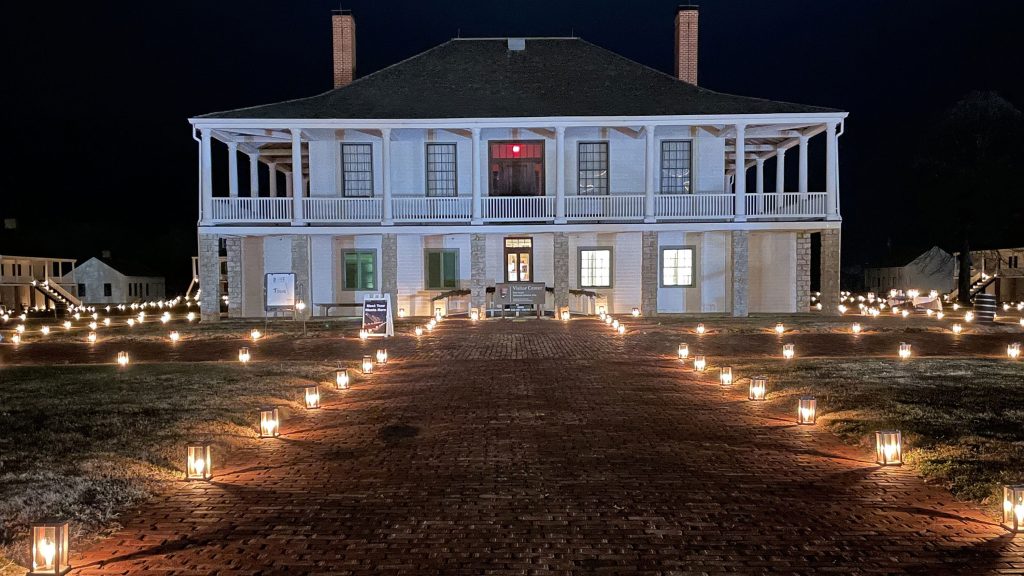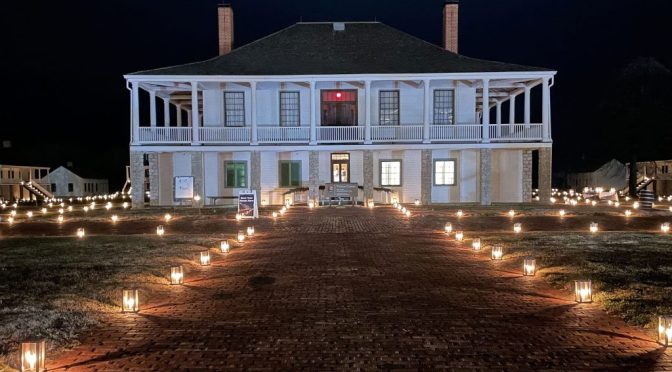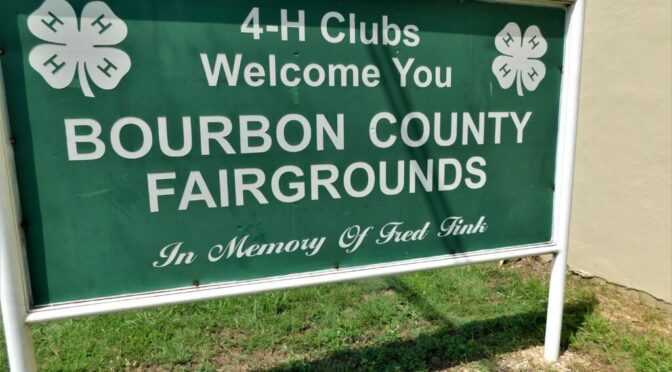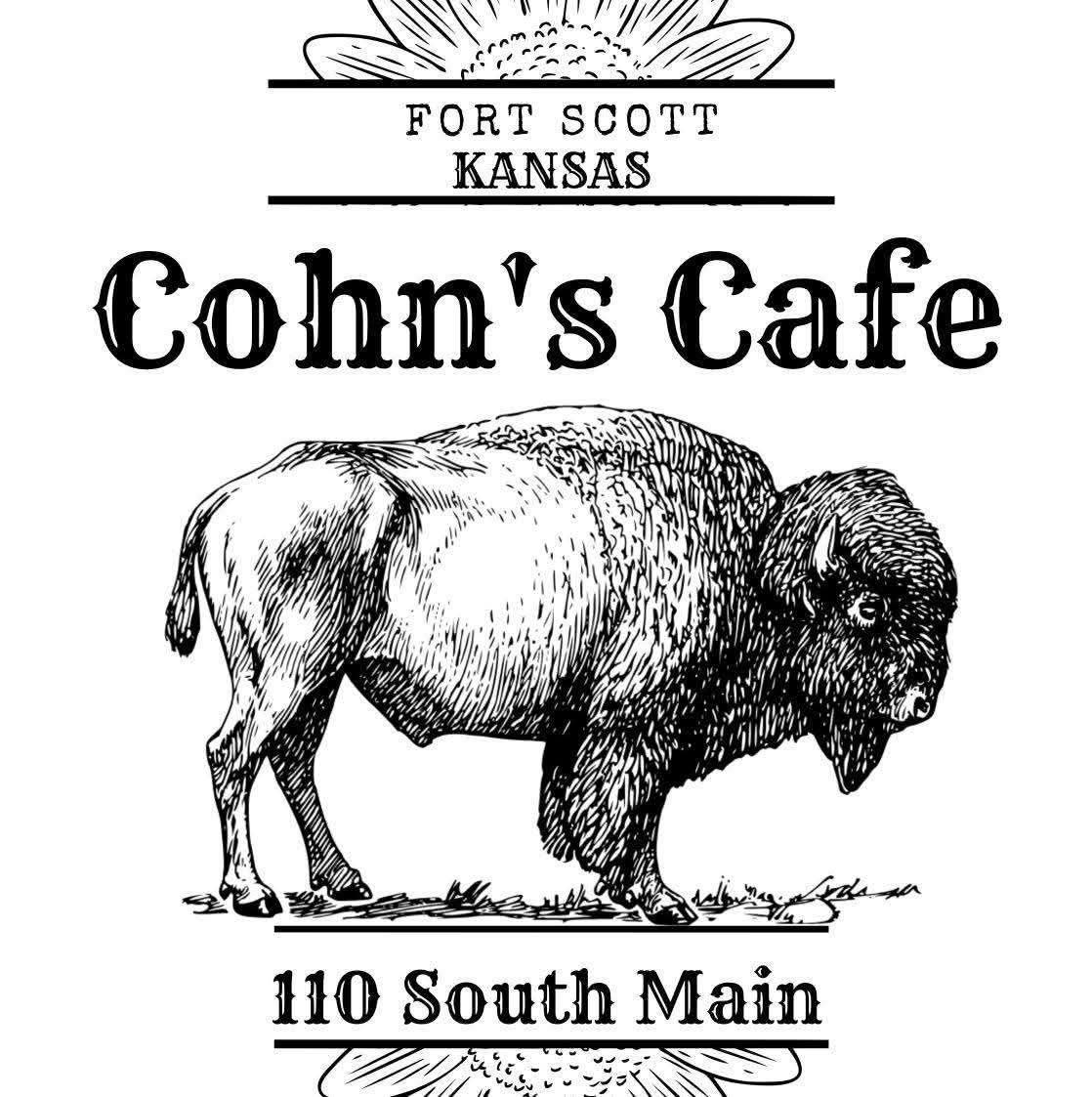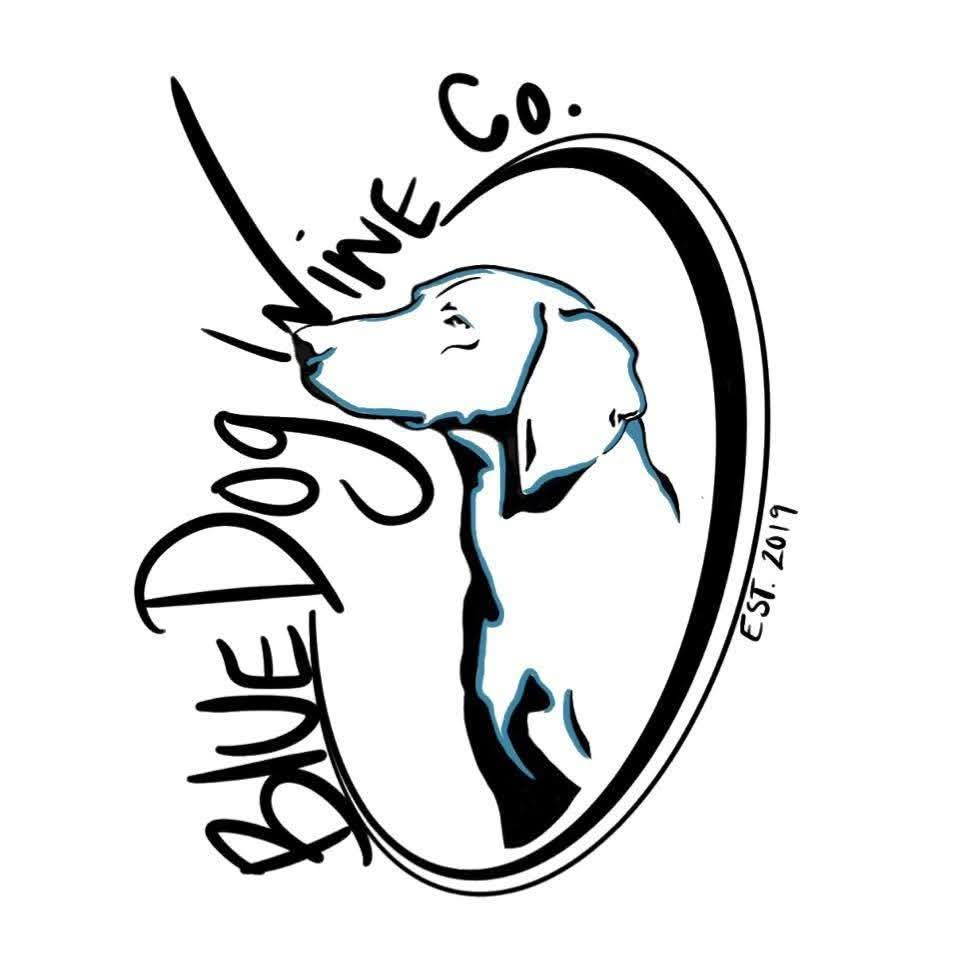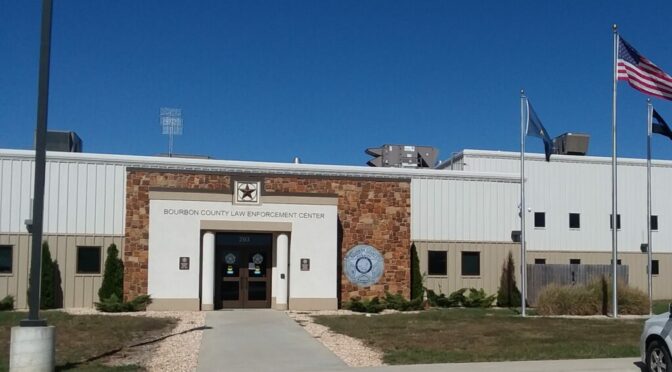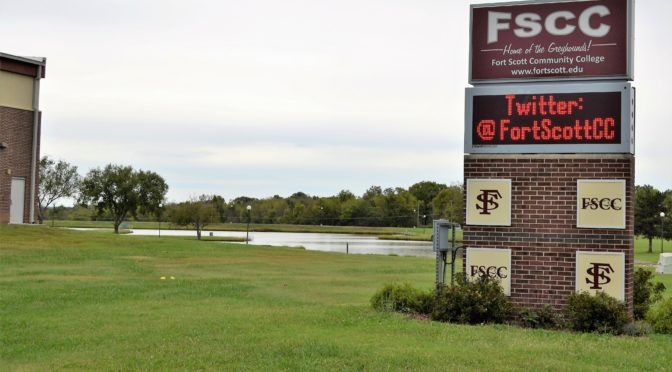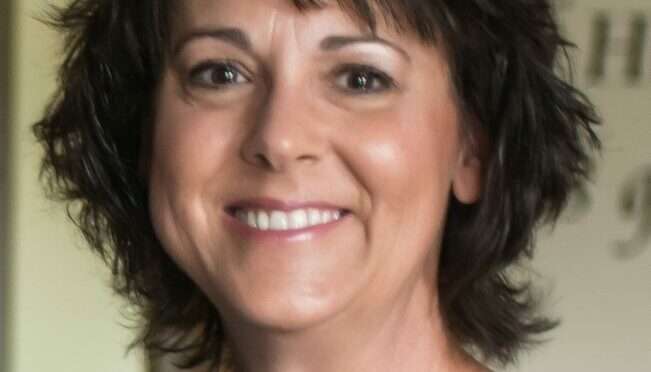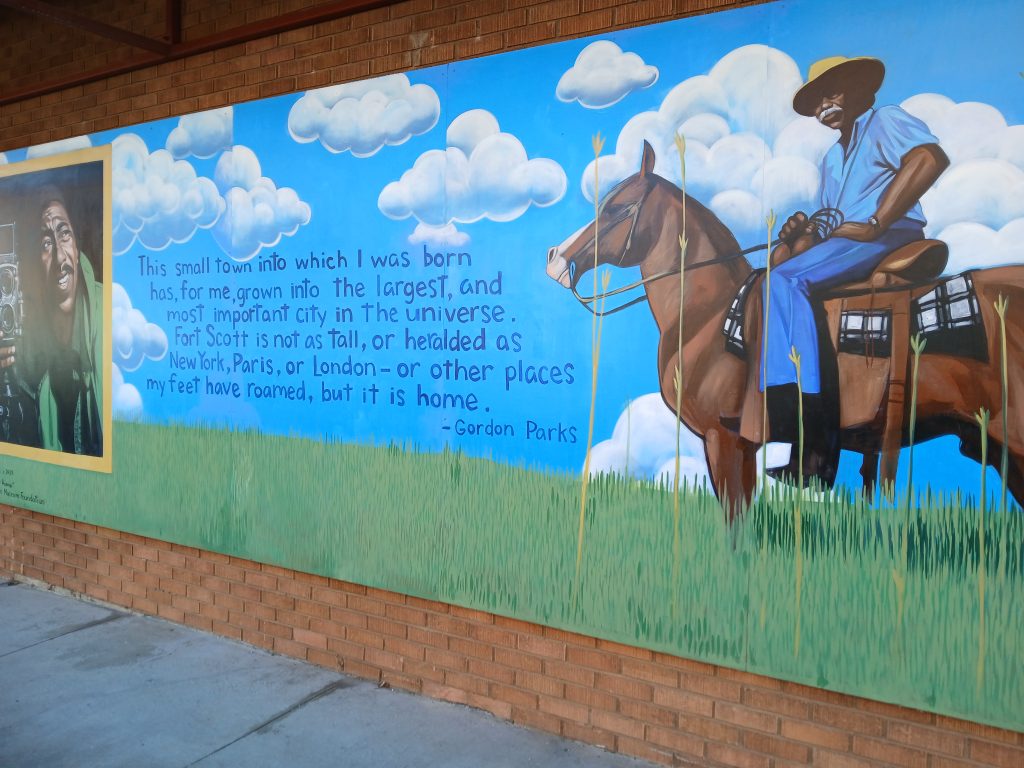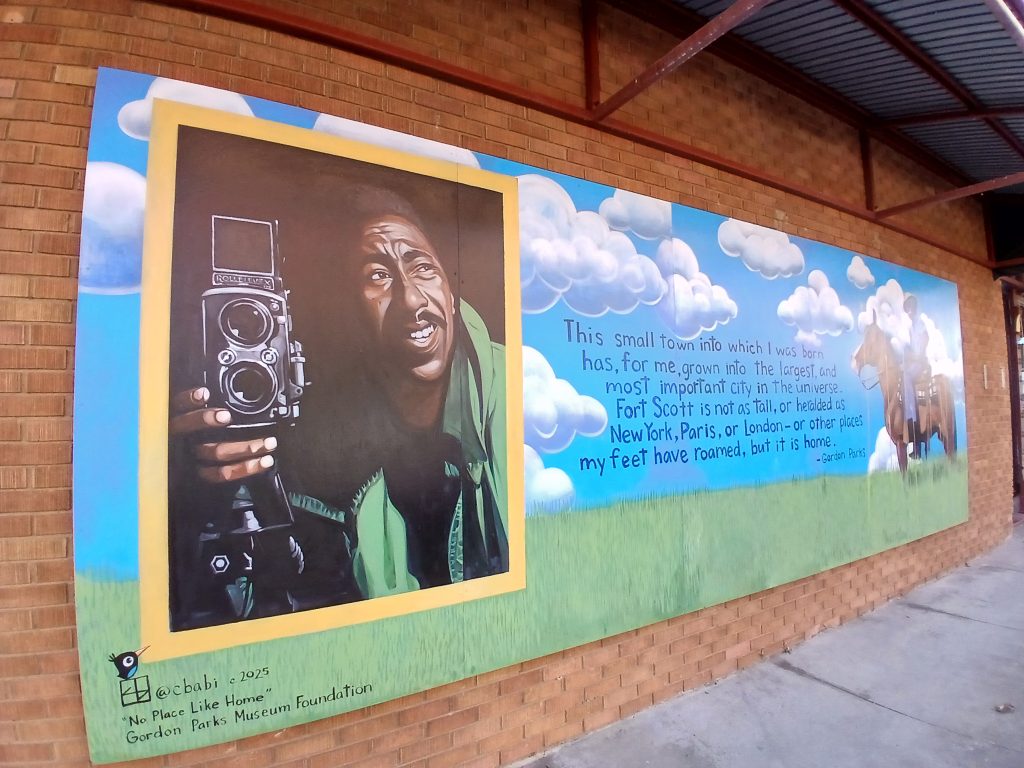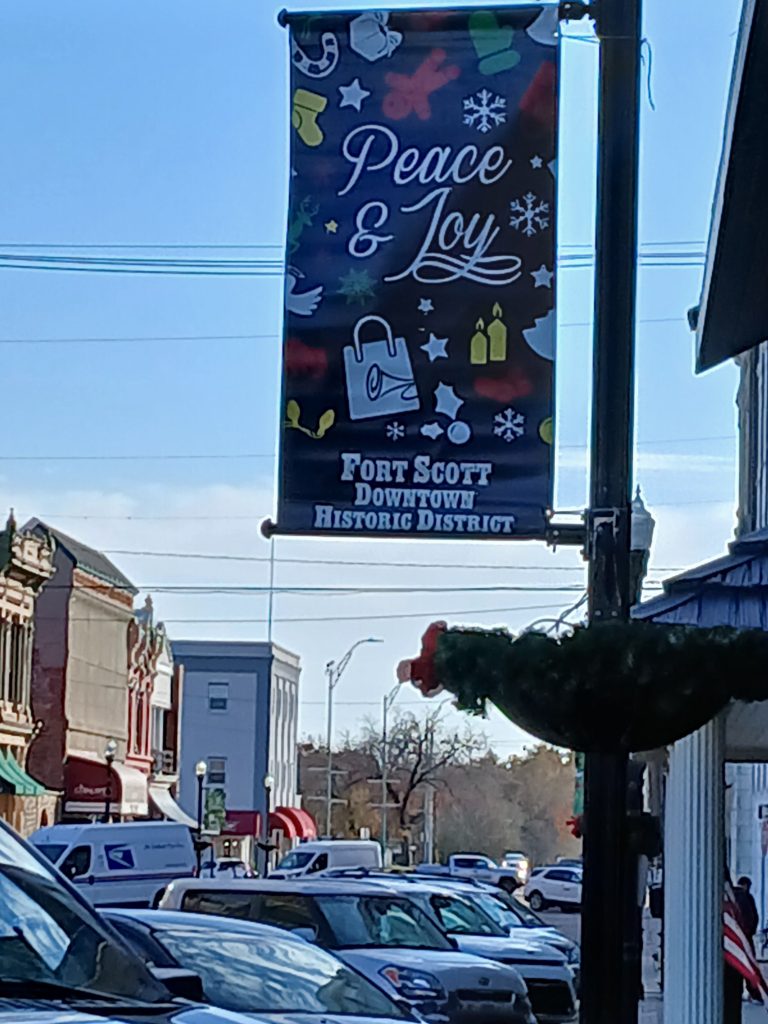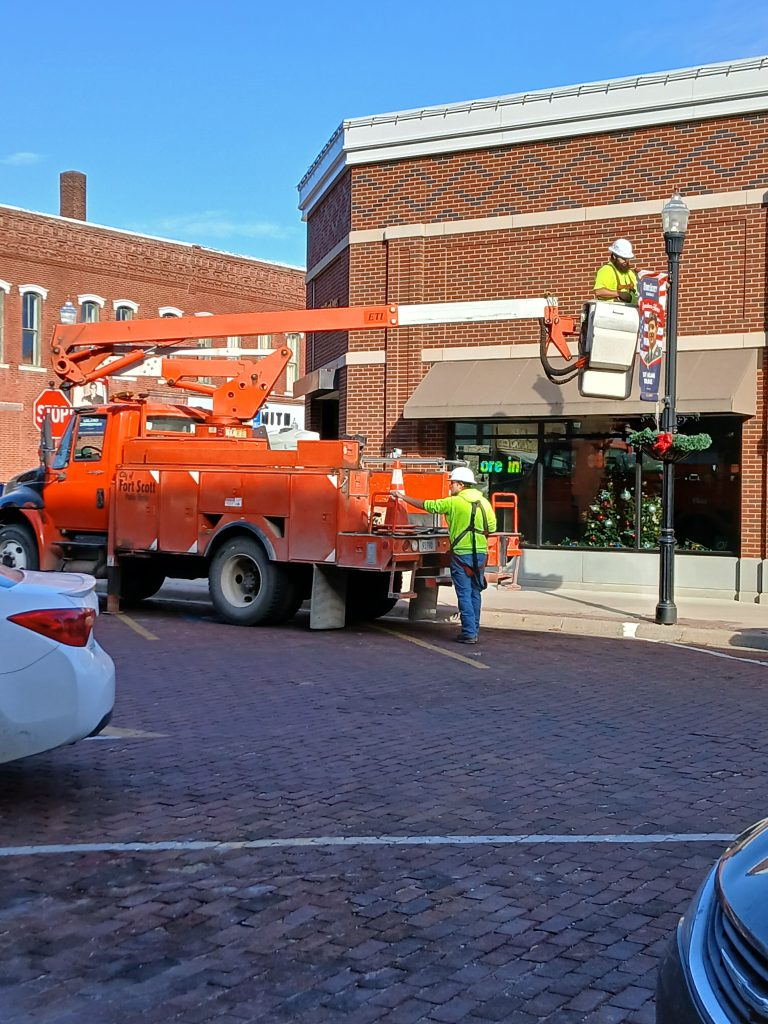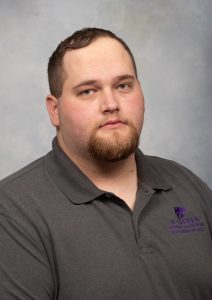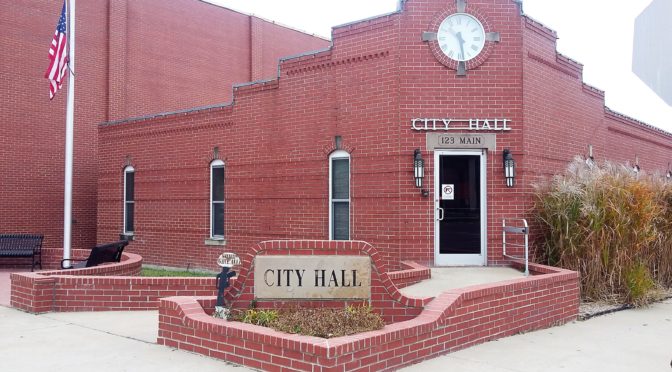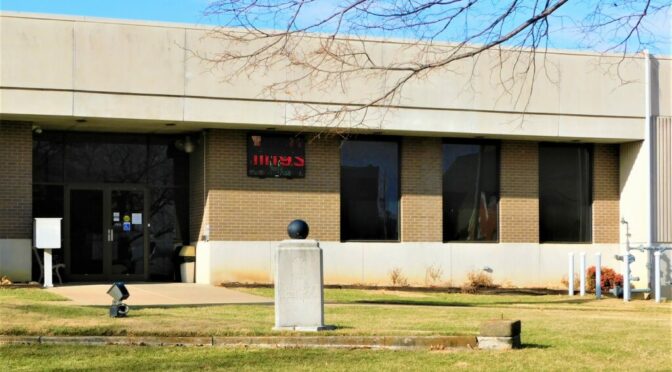To view the total packet:11.17.25 Consent Agenda
November 17, 2025
Board of Trustees
Fort Scott Community College
2108 S. Horton
Fort Scott, KS 66701
The Board of Trustees of Fort Scott Community College will meet in regular session on Monday,
November 17, 2025. The meeting will be held in Cleaver-Boileau-Burris Hall at Fort Scott
Community College.
5:30 p.m. Regular monthly Board meeting
THE AGENDA
5:30 ROLL CALL, 3
PLEDGE OF ALLEGIANCE
BOARD PRAYER
MISSION STATEMENT
Fort Scott Community College is an institution of higher learning with a long history of culture and diversity that
provides affordable academic, technical and occupational programs to meet student needs while fostering a
mutually supportive relationship between the college and its communities.
CALL TO ORDER, 4
A. Comments from the Chair, 4
B. Comments from the Public, 4
C. Recognitions and Retirements, 4
PROGRAM REVIEW AND ADMINISTRATIVE UPDATES, 4
CONSENT AGENDA, 9
A. Approval of Agenda, 9
Approval of Minutes of previous Regular Board Meeting conducted on October 20, 2025 and Special
Meeting conducted October 17, 2025, 10
B. Approval Treasurer’s Report, 13
C. Approval of Personnel Actions, 9
ACTION ITEMS, 24
A. Consideration of Alcohol Policy Exception, 24
B. Consideration of Cheerleading Proposal, 25
C. Consideration of Soccer Proposal, 27
CORRESPONDENCE AND TRUSTEE COMMENTS, 32
EXECUTIVE SESSION, 35
ADJOURNMENT, 361
November 14, 2025 Board Workshop
November 17, 2025 Board Meeting
December 12, 2025 Board Workshop
December 15, 2025 Board Meeting
January 23, 2026 Board Workshop
January 26, 2026 (Changed from January 19 due to Dr. Martin Luther King, Jr. Day) Board Meeting
February 13, 2026 Board Workshop
February 16, 2026 Board Meeting
March 13, 2026* adjusted for spring break Board Workshop
March 23, 2026 (Changed from March 16 due to spring break) Board Meeting
April 17, 2026 Board Workshop
April 20, 2026 Board Meeting
May 14, 2026* adjusted for graduation Board Workshop
May 18, 2026 Board Meeting
June 11, 2026* adjusted for summer schedule Board Workshop
June 15, 2026 Board Meeting
Sincerely,
Bryan Holt, Chair
Dr. Jack Welch, President
FSCC’s vision for the future is to support “Students First, Community Always” through a
central focus on teaching and learning; advancing strong, innovative programs and
departments; maximizing and leveraging opportunities; initiating efficient and effective
processes; and developing the region’s workforce.
UPCOMING CALENDAR DATES:2
ROLL CALL
_____ Ronda Bailey
_____ John Bartelsmeyer
_____ Jim Fewins
_____ Bryan Holt
_____ Chad McKinnis
_____ Doug Ropp
CALL TO ORDER
A. COMMENTS FROM THE CHAIR
B. COMMENTS FROM THE PUBLIC
C. RECOGNITIONS AND RETIREMENTS
Math Relays
Greyhound Student Leadership Organization
PROGRAM REVIEW AND ADMINISTRATIVE UPDATES
A. MARKETING PLAN REVIEW
B. PLEASANTON CAMPUS UPDATE4
President’s Update to the Board of Trustees
November 2025
Community colleges across the country are rethinking how they grow. In a time of limited
budgets, shifting student demographics, and rising competition, adding a new athletic or
academic program isn’t just about filling schedules, it’s about long-term sustainability. The
institutions that thrive are those that plan with purpose. I’d like to share some updates and
reflections from Greyhound Nation.
Academic and Program Development
The first step in program growth is simple but often overlooked: research the community.
Successful colleges study local high schools, club participation, and workforce data before
adding programs. They talk to parents, coaches, employers, and students to learn what truly
sparks interest. Without that groundwork, even the best-intentioned programs risk falling flat.
As part of our continued community engagement, two events are further strengthening our
connections:
• Town Hall Meeting: Tuesday, November 11, 2025, 5:45–6:45 p.m. in the Ellis Building
Auditorium on the Fort Scott Campus. We received several good ideas from our
community about things to add at FSCC.
• John Deere Program Open House: Friday, November 14, 2025, 8:30 a.m.–12:00 p.m. at
the John Deere Tech Building
When adding programs, cost analysis is critical. Each new program carries hidden expenses,
facilities, equipment, salaries, insurance, travel, and maintenance. I want to commend Ben Souza
and Jared Wheeler for their excellent presentation outlining these factors in a clear, data-driven
matrix.
A smart strategic approach, as Jared noted, is to identify a niche rather than competing directly
with nearby universities. Community colleges thrive when they specialize in programs that fill
unmet needs, strengthening both recruitment and institutional identity.
Equally important is involving faculty and staff from the beginning. Those closest to our students
often hold the best insights. When included from concept to implementation, the result is
stronger programs and deeper collaboration.
After reviewing data presented by Ben and Jared, faculty and staff voted to recommend adding
two new programs for next year, which I am bringing forward for approval at our November
board meeting:
• Non-Competitive Cheerleading
• Men’s and Women’s Soccer5
Research consistently shows that forward-thinking colleges create career-connected and student-
driven experiences. FSCC will continue to explore new opportunities while maintaining a
deliberate pace to ensure sustainability and success.
Campus Life and Student Engagement
Our Greyhound Student Leadership Organization continues to impress with thoughtful input and
creative ideas. Recently, they proposed adding a student game room to enhance campus life and
provide a welcoming space for students to relax and connect. A pool and ping pong tables have
been located in the north west room of the cafeteria, marking a new game room space for the
student body. Our students deserve a vibrant space to unwind, build friendships, and experience
the full life of the college.
Institutional Planning and Organization
Following the completion of our HLC visit, we have begun a thoughtful internal restructuring
process. Faculty and staff are now engaged through committees focused on:
• Mission Statement and Strategic Plan
• Non-Academic Program (Sunset) Review
• Job Description and Salary Structure
• Facility Plan
• Scholarship Plan
• Accreditation Committee
These efforts will strengthen transparency, inclusion, and collaboration as we align our
institutional goals with student and community needs.
Legislative Outreach
In the last month, I have met with Senator Tim Shallenberger, and also had a productive visit
with Representative Rick James, who expressed strong support after hearing about our high
academic standing and community impact.
Institutional Achievements
Greyhound Nation continues to shine:
• 2nd out of 19 Kansas community colleges in 2-Year to 4-Year Transfer GPA
• 6th in total transfer of all completed courses
• Serving 324 Bourbon County students (182 high school / 142 adult)
• Generating 2,929 total credit hours (1,279 high school / 1,650 adult)
Senator Shallenberger and Representative James were particularly impressed by these results, a
direct reflection of our faculty and staff’s dedication.
Athletics and the Arts
Athletics are in full swing, and it’s inspiring to see so many faculty and staff supporting our
teams.
• Women’s Basketball opened the season with three impressive home wins.
• Men’s Basketball dominated Avila University JV with a 111-point performance
showcasing skill, teamwork, and discipline.
• Special thanks to Chris Goddard and our incredible pep band for creating an electric
atmosphere during one of the home games.
Our performing arts program also continues to flourish. The recent production of “The
Fantasticks,” directed by Alan Twitchell, was outstanding, a true testament to our students’
creativity and talent.
Community and Fundraising
A heartfelt thank-you to Lindsay Hill and everyone who helped organize the Big Benefit
Auction, raising $30,000. The event was well attended and raised generous funds that will
directly support student scholarships, a great example of teamwork in action.
Looking Ahead
As we turn our focus toward enrollment management and strategic planning, our goal is to
increase enrollment by at least 200 students next fall while expanding our winter, spring, and
summer sessions.
We’ll also begin developing a new strategic plan and mission statement to guide FSCC into the
future.
Following Monday’s board meeting, we’ll hold our Conversation Meeting on Tuesday at
2:00 p.m. in the Round Room, combined with our Cabinet Meeting so all faculty and staff can
attend.
Our Admissions Office has built a robust recruitment plan, our CTE programs continue to thrive,
and both the Frame Grant and ARPA Grant projects are progressing with construction expected
to begin soon. A comprehensive Facilities Plan is also underway to ensure meaningful
improvements across campus.
Closing Thoughts
Whether in business or in the classroom, success is never accidental. It’s the result of inspired
leadership, intentional design, and a shared belief that great things are possible.
That’s what makes Fort Scott Community College so special, you are part of that leadership.
Together, we’re building not only a strong regional community college, but one that truly serves
its people with excellence, purpose, and heart.
Thank you for your commitment, collaboration, and care for our students. Let’s keep moving
forward, together.
Jack
